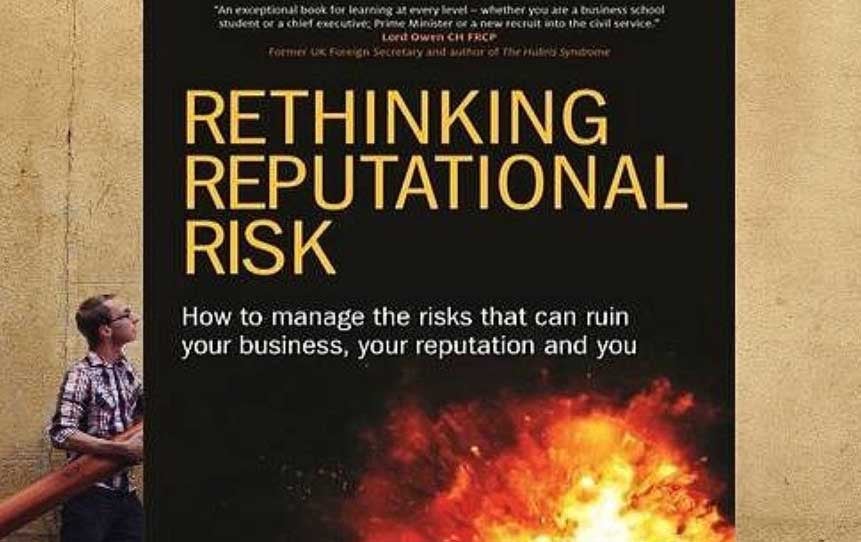
PwC’s Oscars gaff brings reputational risk into the spotlight, but reading a copy of Anthony Fitzsimmons and Derek Atkins’ latest book might have spared the Big Four giant any embarrassment, writes Richard Jukes
Until this week, PwC might not have been regarded as the most exciting firm in the world, but it was at least considered reliable – and then came the Oscars and that excruciating envelope gaff.
Faye Dunaway managed, in just a few words, to turn a firm of accountants into an organisation at the heart of a global news episode; a firm unable to undertake the relatively simple task of handing over an envelope.
Of course, a mix up in luvvie land is not exactly a BP oil spill, but it has brought into sharp focus how easy it is for a reputation to be rewritten in the space of a few seconds. Here’s to hoping that PwC’s board have a copy of Rethinking Reputational Risk, by Anthony Fitzsimmons and Derek Atkins on hand.
Fitzsimmons and Atkins’ management book is relevant not only to every business but to every part of every business. It’s well-written, highly readable and a thoroughly engaging guide which pulls no punches when it comes to revealing just how exposed most businesses are to reputational risk. It makes fascinating – and at times slightly uncomfortable – reading as they logically take us through all the stages that can lead to corporate disaster. Even the case studies – many of them very current and from a variety of industry sectors – tell us something about our own business.
It’s often been said that character is what defines you and reputation is how you are perceived. We own our character, but not our reputation. And, perhaps unsurprisingly, in every example, corporate culture – or character – is shown to be at the heart of the problem and, when it is handled correctly, is the driver of the solution. And we all have corporate culture to wrestle with.
For me, there were five main takeaways from Rethinking Reputational Risk.
The first is the fact that no organisation, however robust its processes and crisis management, controls its own reputation. Our stakeholders own it, we don’t. While this might sound incredibly obvious, it is a fundamental mistake and explains why reputational risk is so poorly managed by most companies.
Secondly, crises usually don’t just happen they evolve. As the case studies prove, the groundwork for every issue is built up over many months if not years. The seemingly small incidents and risks need to be managed effectively to ensure reputational crises don’t occur.
Third, reputation management is more than a function of marketing or communications – it touches every aspect of a business. If, as Fitzsimmons and Atkins clearly argue, reputational damage is due to systemic failure, it follows that protecting and recovering reputation requires a systemic response.
Fourth, an unjustifiably good reputation is potentially as damaging to a company’s fortunes as a bad one. When problems arise, your stakeholders will have expectations of the business that it simply can’t meet, compounding the situation further. Over-confidence, familiarity and ‘group think’ at board level all contribute to an acceptance of an unrealistic reputation. External expertise can help lift the veil from their eyes.
And finally, boards need reputational management experts as much as they need financial, technological, marketing and HR expertise.
This book manages to balance highly credible business advice with just enough science to give their findings depth and substance. It should become essential reading for everyone sitting on a board, or organising the Oscars.
Richard Jukes is the UK and Ireland chairman at Grayling






